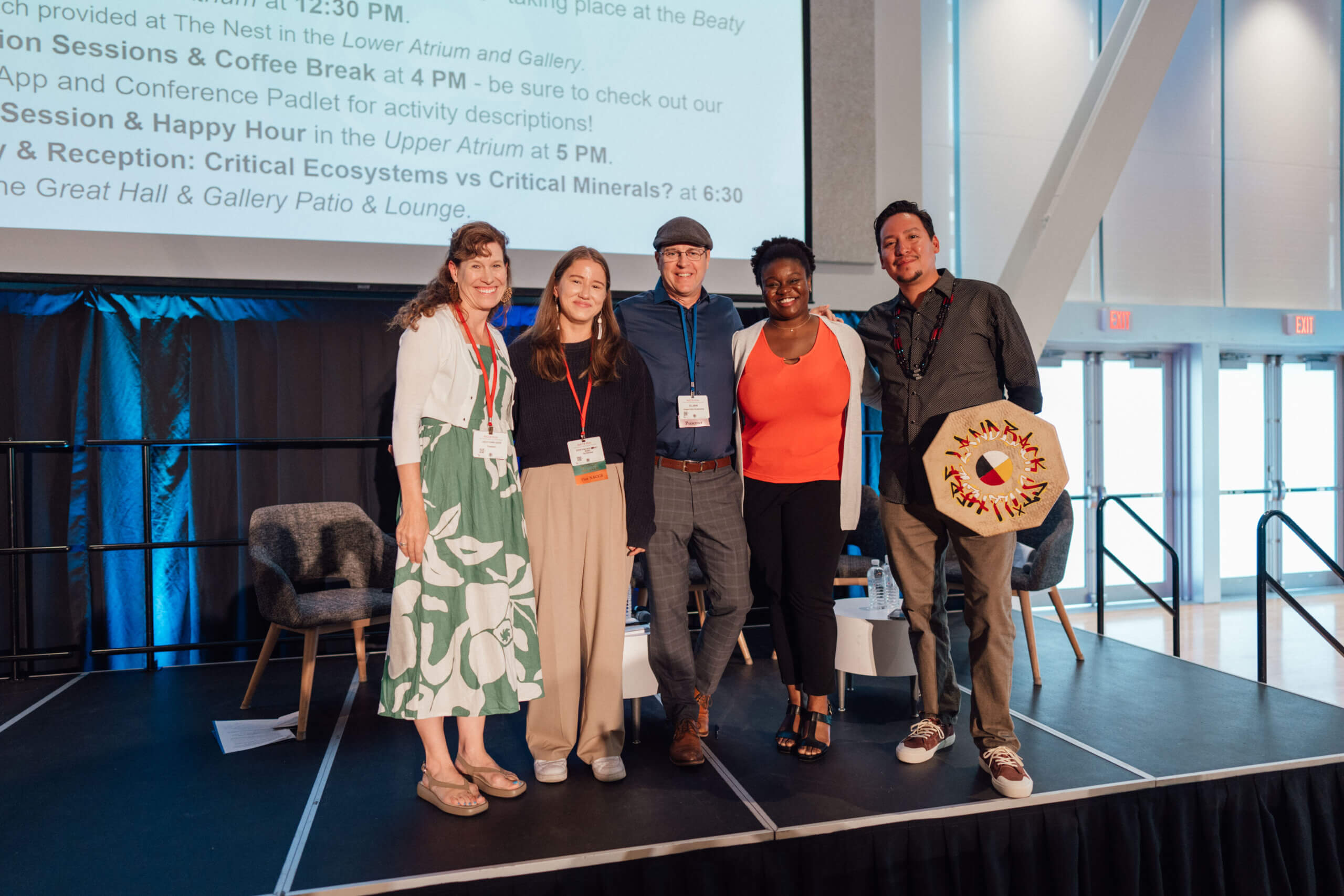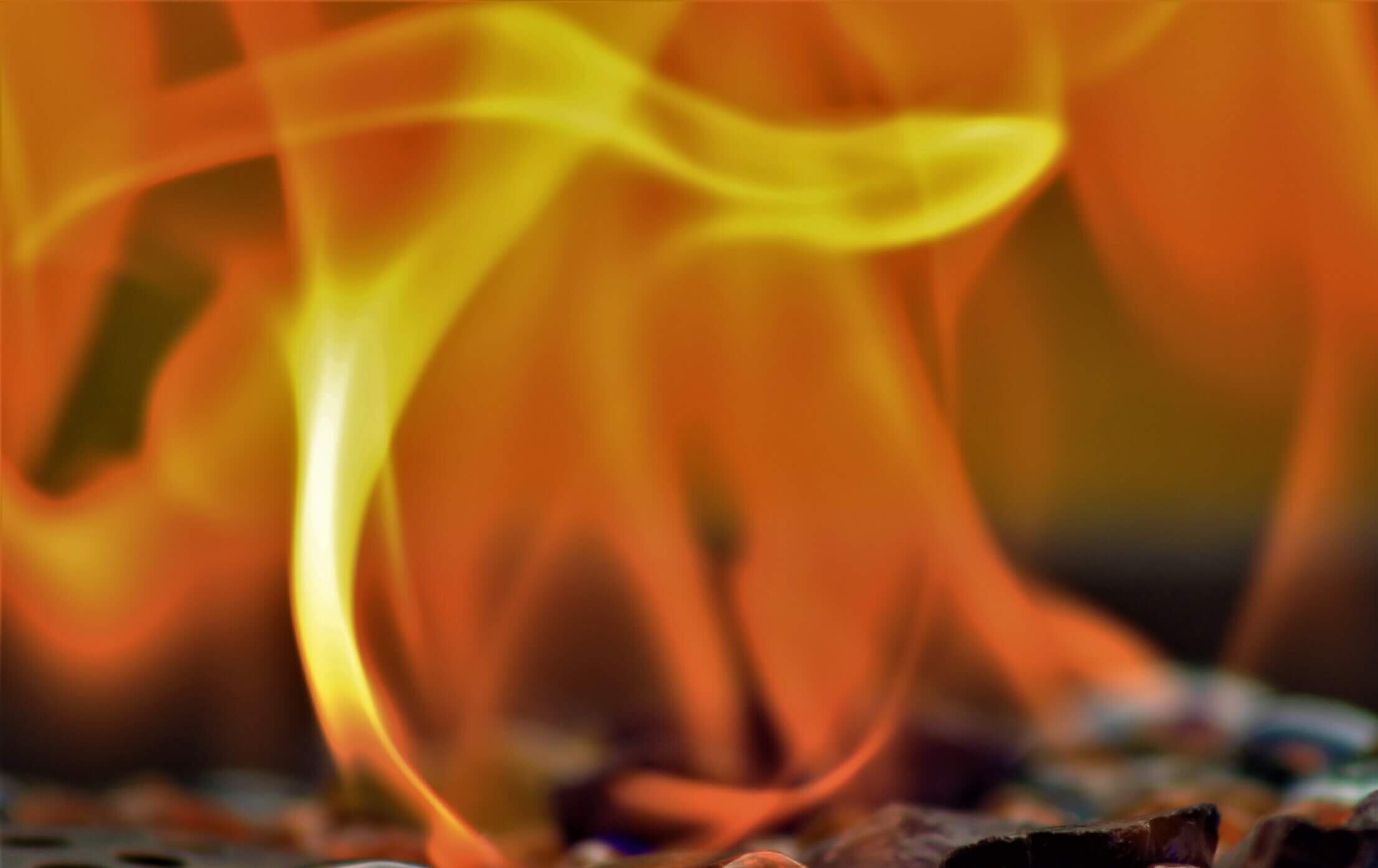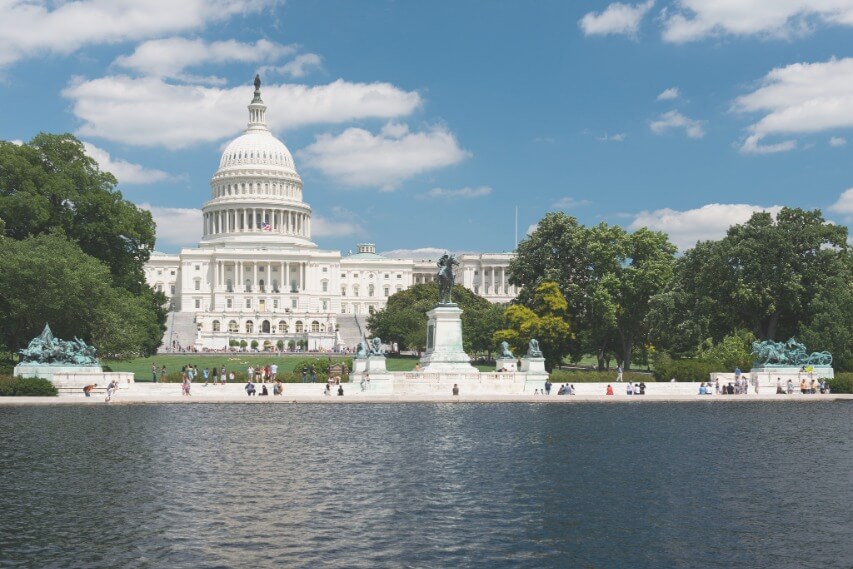Sharing stories that transport and immerse people into a narrative world can help them understand new perspectives and motivate them to take action. Yet scientists don’t often use storytelling when sharing their work. At 2024 North American Convention for Conservation Biology, COMPASS brought a panel of journalists and science communicators to motivate attendees to tell their stories in a way that brings people to a place of hope and action.
The panelists share insights on how to find and share a compelling conservation science story and discuss the role of trust and importance of ethical storytelling in sharing new perspectives.
Learn more about the panelists:
- Lesley Evans Ogden | Freelance Journalist (Moderator)
Writing from the verdant suburbs of Vancouver, BC, Canada where Lesley is a settler on the traditional territory of Coast Salish peoples, she specializes in stories about wildlife, ecology, biodiversity, conservation, animal behaviour and the environment including the impacts of climate change. She also explores the intersection of science, human rights, and policy. Lesley crossed a bridge from scientist to journalist after a PhD and postdoctoral research on shorebird and songbird ecology. Her by-lines appear internationally at places like the New York Times, Natural History, BioScience, Quanta, BBC Future, The Atlantic, Discover, Smithsonian, New Scientist, and CBC’s The Nature of Things. She is relentlessly on a quest for underreported stories and scientific hidden gems. - Kunu Bearchum | Multimedia Artist of Northern Cheyenne and Ho-chunk Nations
Kunu Bearchum is a Multimedia Producer based in Oregon. An enrolled tribal member of the Ho-Chunk Nation and descendant of the Northern Cheyenne (Tsitsistas), Kunu continues the time-honored role of “storyteller” with contemporary tools and style. Using music, film, and other modalities he focuses on Native experiences and broadcasts them through independent and established media channels alike. - Ed Jahn | Executive Editor for Oregon Public Broadcasting
Ed is a long-time environmental journalist who has produced hundreds of video features, radio stories and documentaries on wildlife and land management, archeology, climate research, invasive species and earthquake preparedness. He’s reported from the crater of Mount St. Helens to the rural marshlands of China to the middle of a class V river. He has interviewed leading scientists from across the west and has earned the Edward R. Murrow and duPont-Columbia awards for his journalism. He has over twenty regional Emmy Awards. Ed is a fellow with the Institutes for Journalism and Natural Resources and is an advocate and teacher of better science communication. - Dannielle Piper | Journalist at CBC/Radio-Canada
Dannielle A. Piper is a graduate of the UBC School of Journalism and a 2021 CJF-CBC Black Women’s Journalism Fellow. Born and raised in Jamaica and now living in Vancouver, Dannielle has worked as a freelance journalist for CBC, The Tyee and The Georgia Straight covering issues pertaining to climate change and social justice. - Steph Kwetásel’wet Wood | Sḵwx̱wú7mesh Journalist at The Narwhal
Steph Kwetásel’wet Wood is a Sḵwx̱wú7mesh journalist living and writing in her nation’s territory also known as North Vancouver. She has been doing journalism focused on the natural world at The Narwhal since 2020. In 2022 she won the Canadian Association of Journalists’ Emerging Indigenous Journalist award. In 2023, she was part of the team that won the Canadian Journalism Foundation Award for Climate Solutions Reporting. She earned her Master of Journalism degree at the University of British Columbia.



